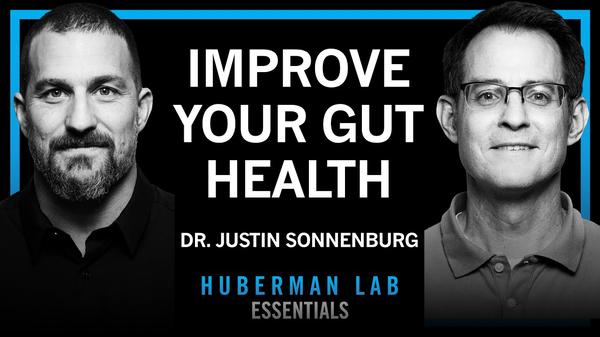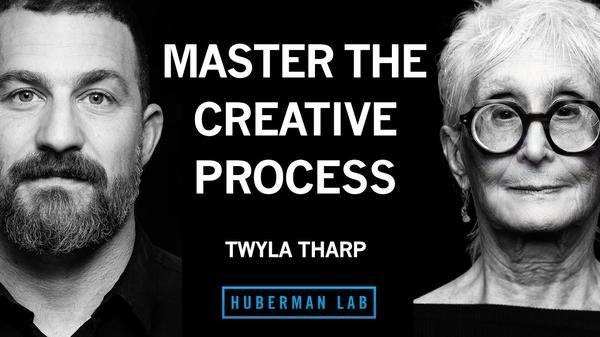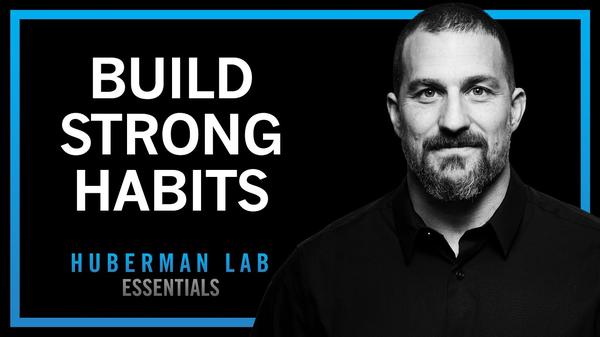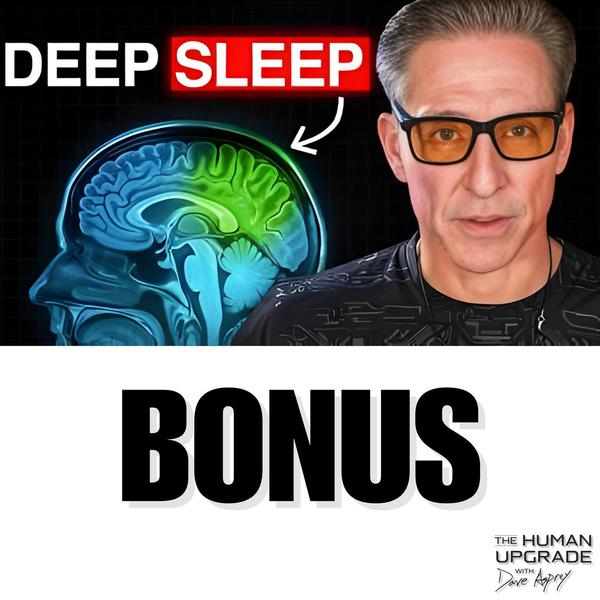
Dr. Matt Walker: How to Structure Your Sleep, Use Naps & Time Caffeine | Huberman Lab Guest Series
Andrew Huberman
Apr 17, 2024
Mindsip insights from this episode:
Leverage chronotypes as a survival advantage for group safety
The genetic variation in sleep timing preferences is an evolutionary advantage that ensures someone in a group is always awake, reducing collective vulnerability.
Avoid late caffeine to protect deep sleep quality
Even if you can fall asleep after drinking caffeine late at night, it can reduce your deep sleep by up to 20%, which you won't be aware of but will leave you feeling less refreshed.
Try the Nappuccino for enhanced energy and alertness
The "Nappuccino" involves drinking a quick espresso immediately before a 20-minute nap to wake up with the combined benefits of sleep and caffeine, while avoiding sleep inertia.
Address fragmented sleep to reduce frequent napping in older adults
Frequent napping in older adults is linked to worse health outcomes not because naps are inherently bad, but because they are a reflection of poor quality, fragmented sleep at night.
Utilize meditation for local sleep benefits
Restorative practices like meditation or Non-Sleep Deep Rest (NSDR) may work by inducing "local sleep," where parts of your brain enter a deep sleep state even while you remain consciously awake.
Take a 20-minute nap for alertness boost
For a quick boost in alertness and concentration without the grogginess of sleep inertia, the optimal nap duration is about 20 minutes.
Utilize naps to reset emotional balance
Napping has the ability to reset your emotional compass by lessening your sensitivity to negative emotions like fear and anger while boosting how positively you rate happy faces.
Lie down to cool your core and initiate sleep
Lying horizontally makes you sleepy because it is the optimal position for your body to move blood to the surface and release heat, which lowers your core body temperature and initiates sleep.
Avoid adult polyphasic sleep to protect cognition and health
Contrary to claims in some biohacking circles, scientific evidence shows that adult polyphasic sleep schedules do not improve performance and are detrimental to cognition, mood, and metabolic health.
Maximize nap benefits with caffeine, cold water, and bright light
To maximize the benefits of a nap, you can "stack" interventions by having caffeine before, followed by cold water on the face and hands and bright light exposure immediately upon waking.
More from
Andrew Huberman
You also might be interested in
Your Brain Has A Sleep Switch (Do THIS To Turn It On)
How To COOL Your Body For Better Sleep, INCREDIBLE Travel Sleep Tips & Orion Vs. Eight Sleep With Dr. Michael Breus
Everything You Need To Know About Sleeping Better, Hacking Sleep, Sleep Cycles, Insomnia, Sleep Apnea & More With Dr. Daniel Gartenberg (Best of LIFE Network's Experts!)
This Commonly Missed Disease Can Rapidly Age Your Brain
This Commonly Missed Diagnosis Leads to Rapid Brain Aging











